Kombucha is rich in organic acids such as citric, lactic, malic and acetic acids that can benefit your soil and improve the health of your plants.
If you have a large amount of Kombucha that you can’t use, or a batch of sour kombucha, you can put it to good use in the garden.
In this article I’ll share 7 different ways to use kombucha tea to benefit your garden.
This post about kombucha for garden plants contains affiliate links. Please read the disclosure for more info.
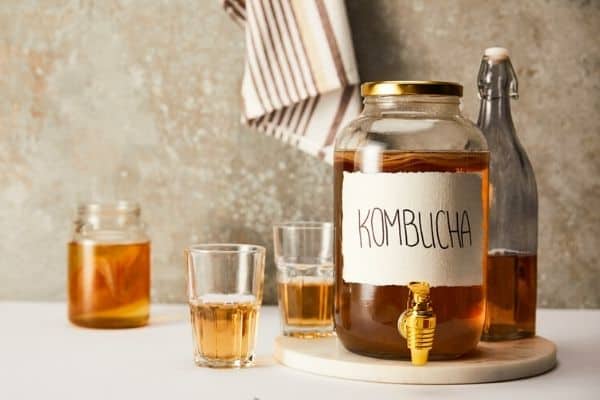
What is kombucha?
Kombucha is a fermented tea that is made from green or black tea and sugar combined with a SCOBY or starter culture and left to ferment.
The end product contains organic acids, vitamins, amino acids, minerals and antioxidants such as polyphenols.
The high level of acidity in the kombucha means that it can be preserved for long periods.
Kombucha tea contains more than 70% organic acids and a wide range of vitamins including (B1, B2, B3, B6 and C) as well as iron, magnesium, calcium and potassium. [1]
Benefits of kombucha for plants
Kombucha is a rich source of beneficial organic acids that help to release nutrients into the soil, improve water retention, enhance plant growth and increase the availability of minerals.
Diluted kombucha tea can be used to increase the size and number of flowers and fruits.
It can also help to control plant diseases and pests.
Which plants would benefit from kombucha?
Plants that like soil that is slightly acidic including most berries, gardenias, rhododendrons, azaleas, holly and begonias would benefit from the addition of kombucha to the soil.
You can also use diluted kombucha to water magnolias, dogwoods and beech trees.
Which plants should not be fertilized with kombucha?
Avoid using kombucha on plants that prefer alkaline soil like lavender, clematis, coneflowers, lilacs and hostas.
How to make kombucha tea fertilizer
Mix one cup of kombucha with a gallon (about 4 litres) of water and use it to water the soil around your plants.
Just make sure that you don’t overdo it. It’s better to give your plants less kombucha than needed, rather than too much.
How to use kombucha SCOBYs in the garden?
The SCOBYs that form on top of the finished batch of kombucha tea can be used in a number of different ways in the garden.
You can lay SCOBYs on top of the soil around trees and shrubs as a mulch.
This helps prevent weed growth by blocking the sunlight but it may attract fruit flies to your garden.
You can chop up the SCOBY and dig it into the soil before planting or lightly cover it with soil if you’re using it around existing plants.
You can blend the SCOBY with water and use the liquid to water your plants.
SCOBYs can also be added to your compost heap to increase the nutritional value of the compost and help it break down faster.
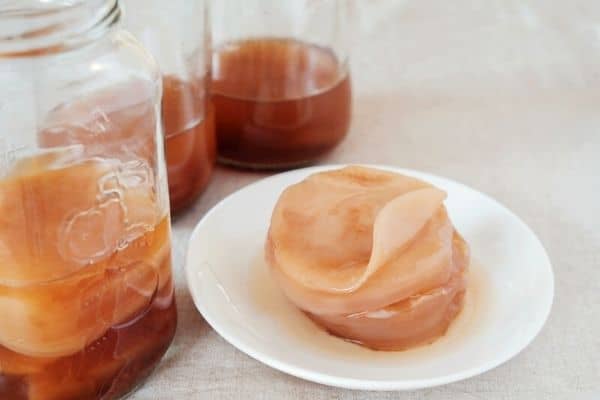
Advanced uses of kombucha fertilizer or tea
You can make a liquid fertilizer by mixing equal parts of kombucha tea with molasses and diluting it with water.
Spray the fertilizer mixture directly on the leaves of your plants to stimulate growth.
Kombucha can also be used as a natural pesticide spray to reduce pests like aphids, Japanese beetles and spider mites in your garden.
To make a kombucha pesticide spray, mix one part kombucha and two parts water.
Pour the mixture into a spray bottle and spray the leaves of your plants.
RELATED ARTICLES
- 10 Natural Houseplant Fertilizers
- How To Use Green Tea To Fertilize Houseplants
- How To Make Worm Casting Tea Fertilizer
So there are my tips for using kombucha tea in your garden.
Kombucha tea is a powerful fertilizer that can benefit your garden plants and houseplants, while also helping to reduce annoying plant pests.
If you brew your own kombucha at home it’s definitely worthwhile using kombucha tea and SCOBYs to give your plants an extra boost.
Have you tried using kombucha tea fertilizer in your garden? Let me know in the comments below.
Are you on Pinterest? I have boards dedicated to Garden Ideas and Gardening Tips that you may enjoy. You can also find me on Facebook.
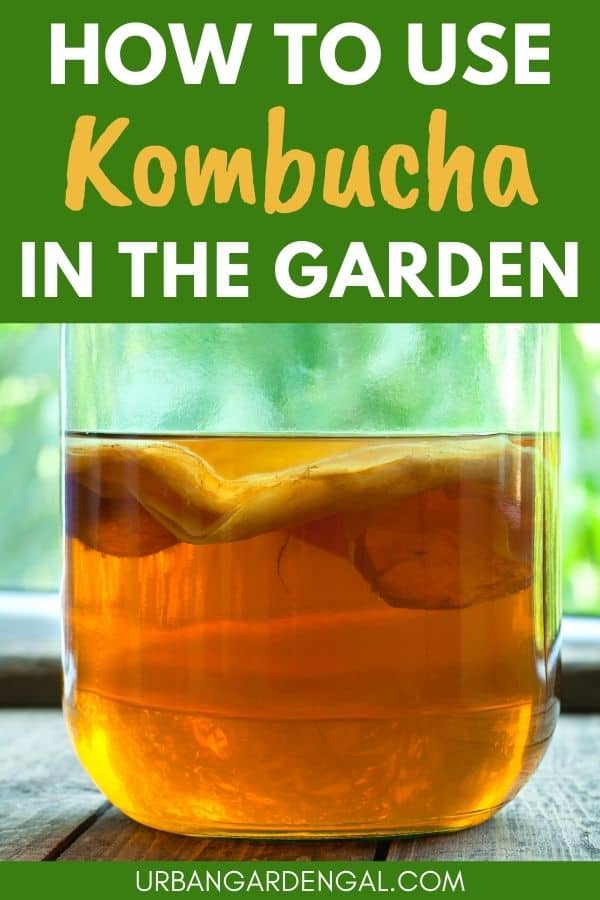

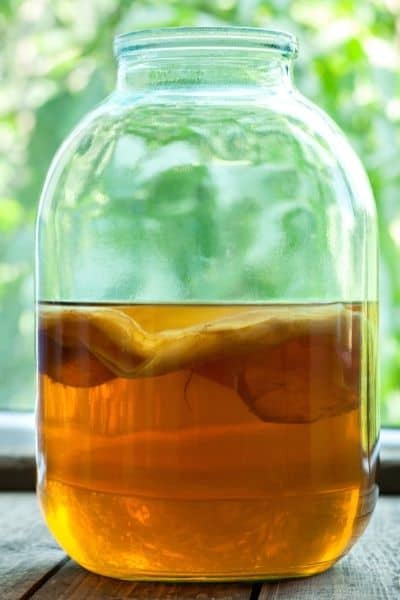
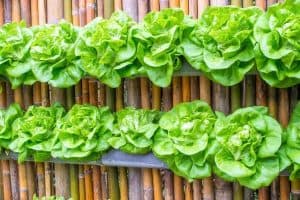
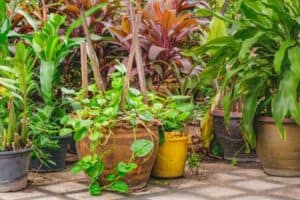

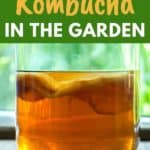
I’ve never really had Kombucha – but there is lots of it here in Vietnam… I’m trying to make it a part of my life. It’s so healthy and great for the garden too.
I have been throwing coffee for the longest time in my yard and on the grass. Never have I used tea or kombucha. This is an interesting take on nutrients for the garden. Thanks for this amazing write-up. It is detailed, vivid, and has amazing pics.
Interesting! I wasn’t aware kombucha could be used in the garden as a fertilizer so I learned something new today.
I like kombucha but I normally just buy it and don’t make it. It’s interesting to do it yourself though and it’s good that you can use it in the garden as well.
I had never considered using kombucha in the garden before! But I can see how it would be very beneficial to plants that prefer acidic growing conditions. This is one of those articles where I learned something that I’ll be trying out in my garden later this year.
I never knew that kombucha could be used to fertilize the garden! Great post!
This sounds really interesting. I have noticed an increasing number of people talking about kombucha as of late, showing that it seems to be picking up popularity in my area. However, I’ve never heard anyone reference using it in the garden before. I love that it’s an option to make use of something that otherwise would be discarded!
My Kombucha hotels are being over crowded. We made vinegar with grapes we juiced (our own organic grapes) and Kombucha mother.
The vinegar is intense and delicious. I am left with huge amount of semi liquid kombucha from the filtering process. Not sure which plant would like some? Pomegranate trees? Cherry trees, plum trees, strawberries, sage, salad? thank you so much for encouraging everyone with Kombucha.